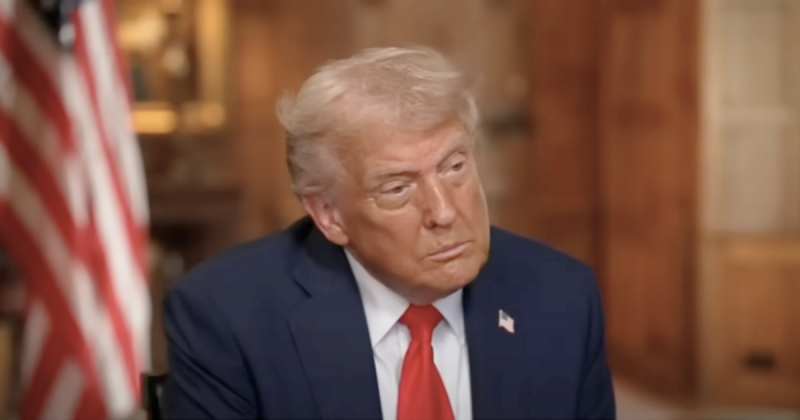President Donald Trump announced a sweeping shake-up of the H-1B visa system on Thursday, unveiling a $100,000 fee for visa applications in a move designed to protect American workers from being displaced by foreign labor.
The H-1B program, intended for “high-skilled” immigrants, has long been criticized for allowing companies to hire foreigners at lower rates than U.S. employees.
Critics have pointed out that visas have been sought for positions far below the program’s original intent, including cashier roles, assistant track coaches, and entry-level accountants. Wake Forest University was among the institutions reportedly seeking foreign workers for several low-level positions.
Currently, H-1B applications cost between $1,700 and $4,500, depending on processing speed.
The proposed $100,000 fee would drastically raise the barrier for entry, while making visa renewals exponentially more difficult for current holders. H-1B visas are issued for an initial period of up to three years and can be extended for a maximum of six years.
Tech companies have been among the primary beneficiaries of the program.
Amazon received the most H-1B visas in 2024, according to U.S. Department of Labor data.
To qualify for a visa, applicants must hold at least a bachelor’s degree and have a job offer from a U.S. firm, Trending Politics reported.
Trump’s proclamation could take effect as early as Friday, barring H-1B workers from entering the U.S. unless they meet the new $100,000 payment requirement.
Additionally, Labor Secretary Chavez DeRemer will implement a rule-making process to update wage levels for visa holders, ensuring that companies offer wages that meet or exceed the prevailing rate for similarly qualified U.S. workers.
Supporters of the overhaul say it will prevent companies from exploiting the program and ensure that American workers are prioritized for jobs intended for highly skilled talent.
Opponents argue the fee is exorbitant and could discourage global talent from contributing to U.S. industries, potentially harming innovation in critical sectors.
Trump framed the move as part of his broader effort to defend U.S. jobs and stop companies from replacing domestic workers with cheaper foreign labor.
“The H-1B program has been abused for too long,” he said in a statement. “This overhaul ensures American workers are treated fairly while still allowing true high-skilled talent to enter our economy.”
The changes represent one of the most significant overhauls of the H-1B visa program in decades, signaling a stricter era for foreign workers and heightened scrutiny for U.S. employers seeking to hire abroad.

